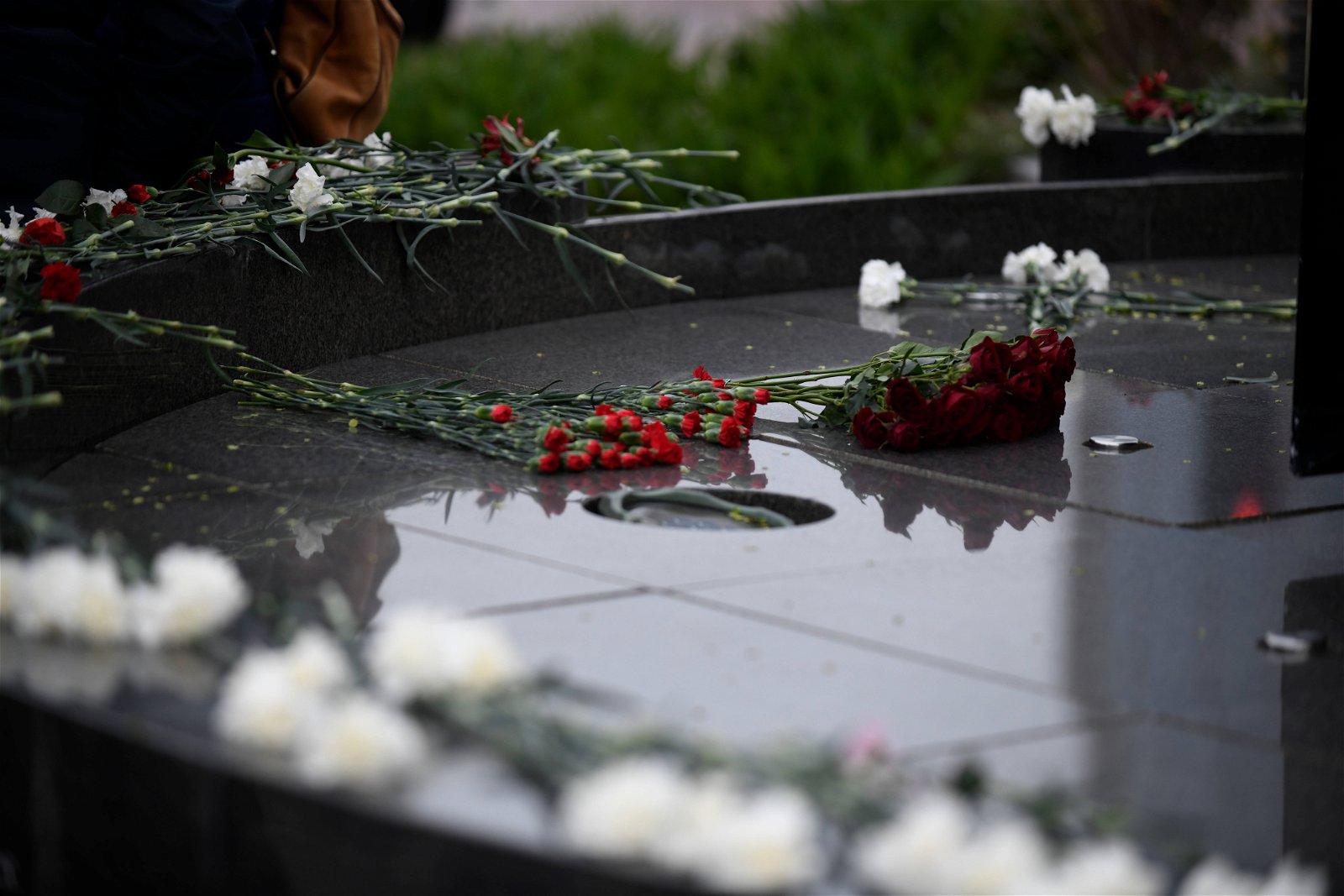During World War I (1914-1918), the Ottoman Empire, ruled by the Young Turks (Ittihad Ve Teraki), suffered great territorial losses. Defeated on every front, Turkey was forced to surrender to the victors. On the Armenian front, Catholicos of All Armenians Kevork V (1911-1929) appointed an Armenian National Delegation under the leadership of Boghos Noubar Pasha to appear before the European governments and see that Armenian reforms in Turkey were enacted. The Turks were infuriated that the Armenian Question was being brought up again.
World War I provided the best pretext for Turkey to “solve” the Armenian Question, eradicating international opposition or any interference in its internal affairs. As it was, the Turks had been considering ridding themselves of the Armenian Question for many years and had secretly prepared a special plan to eliminate the Armenian people. In April 1915, they reviewed that plan once more, during which they listed the reasons why the Armenians had to be eliminated. Among others, they listed the following:
- That the Armenians were prepared for a widespread uprising, in order to attack the Turkish army from the rear and make a Russian advance easier.
- That for centuries the Armenians had been the reason for European nations’ interference in Turkey’s internal affairs, and had humiliated the Turkish people in front of foreigners.
- That the Armenians were an obstacle to the realization of their pan-Turkic plan.
- That as long as Armenians lived on Turkish soil, Turks would not be free and independent in their own country.
- That a weaker nation must be sacrificed for the crucial needs of a larger nation.
- That the Armenians of the Caucasus had organized volunteer brigades to fight against Turkey.
- That after the war, an autonomous Armenian nation might be created on Turkey’s eastern border and that Turkey would have another enemy like Bulgaria and Serbia.
- That if Turkey emerged victorious from the war, no one would be able to demand an accounting from it, but if it was defeated, Turkey would lose everything.
Listing many similar justifications, the meeting of Ittihadists unanimously decided that the Armenian race had to be eradicated using the most efficient means.
In 1915, the Ittihadists formed a special committee to implement the elimination of the Armenians. First, they arrested Armenian ecclesiastical leaders serving in different regions and brutally massacred them. Then, on the evening of April 24, both in the capital and in the provinces, they took the intellectuals – scholars, teachers, physicians, important lay people and clergy leaders – and arrested, exiled and murdered them. Parallel to this, by government order they transferred the Armenian soldiers serving in the Turkish army to remote, deserted locations and murdered them. After the beheading of the intelligentsia and the slaughter of the Armenian soldiers, the Turks implemented the program of forcible deportation of the Armenian people. They decided to fool the Armenians by describing this relocation as a way of protecting them. They prohibited travel from region to region. They released infamous criminals from prisons so that they would slaughter innocent and defenseless people. They instigated the Turkish mobs and declared jihad (holy war) against the Armenian Christians.
The Armenian deportations of 1915 began in the month of April, when they gathered Armenians in small groups and deported them in the direction of the Syrian and Mesopotamian deserts. Hundreds of thousands of Armenians – women, boys, girls, infants and elderly, arranged in caravans, under the whip, hungry, thirsty and practically half-dead – were driven towards the desert. They were subjected to attacks, plundering and rape. Der el-Zor, Raqqa, Meskené, Ras ül-’Ain and many other cities, towns and villages were converted into deportation centers, then horrible human slaughterhouses.
Continuously for a few years, the uprooted Armenian people walked paths of blood and tears, and during this period altogether around one and a half million Armenians lost their lives. Approximately 1,800 churches, 200 monasteries, hundreds of schools, innumerable cultural centers, libraries, publishers and artistic works were seized or destroyed. This horrific educational, spiritual, economic, cultural and especially human loss is extremely difficult to describe, but not difficult to feel.

Decades later, on every April 24, Armenians all over the world congregate in solemn meditation to pay tribute to the memory of their martyrs and to pledge loyalty to the causes for which they met death.
April 24 is the anniversary of the Armenian martyrdom; however, it must serve a constructive purpose. It should not serve as an occasion to rouse emotions or to fill our hearts with grief and our eyes with tears. The world must find evidence of our determination to live, to create and to thrive spiritually, intellectually, morally, physically and economically, both in Armenia and in the Diaspora.
That is a challenge we must meet with courage, conviction, enthusiasm and understanding. We must pool our resources, coordinate our efforts and economize our existing and potential powers. Disharmony, disunity, refusal or failure to cooperate because of personal and partisan preferences would endanger and provoke irreverence to the memory of our martyrs.
Furthermore, as descendants of the Armenian martyrs, we are called to support the Armenian Cause with utmost dedication. That means demanding the return of Armenian territories usurped from 1915 to 1923 to their rightful owners, the Armenian people. Turkey occupied Western Armenia and forcibly vacated its native Armenian people. These occupied territories should be returned to Armenia.
Each Armenian has a responsibility to support the efforts of all institutions and organizations dedicated to that cause. Every Armenian should be involved in a meaningful and concerted manner.
May the souls of our millions of martyrs rejoice from heaven in our determination to revere their memory by unequaled devotion to the ideals and principles for which they gave their lives. May the memory of the just and the innocent be blessed forever and ever.



Armenian Americans must not let these historic events be forgotten.